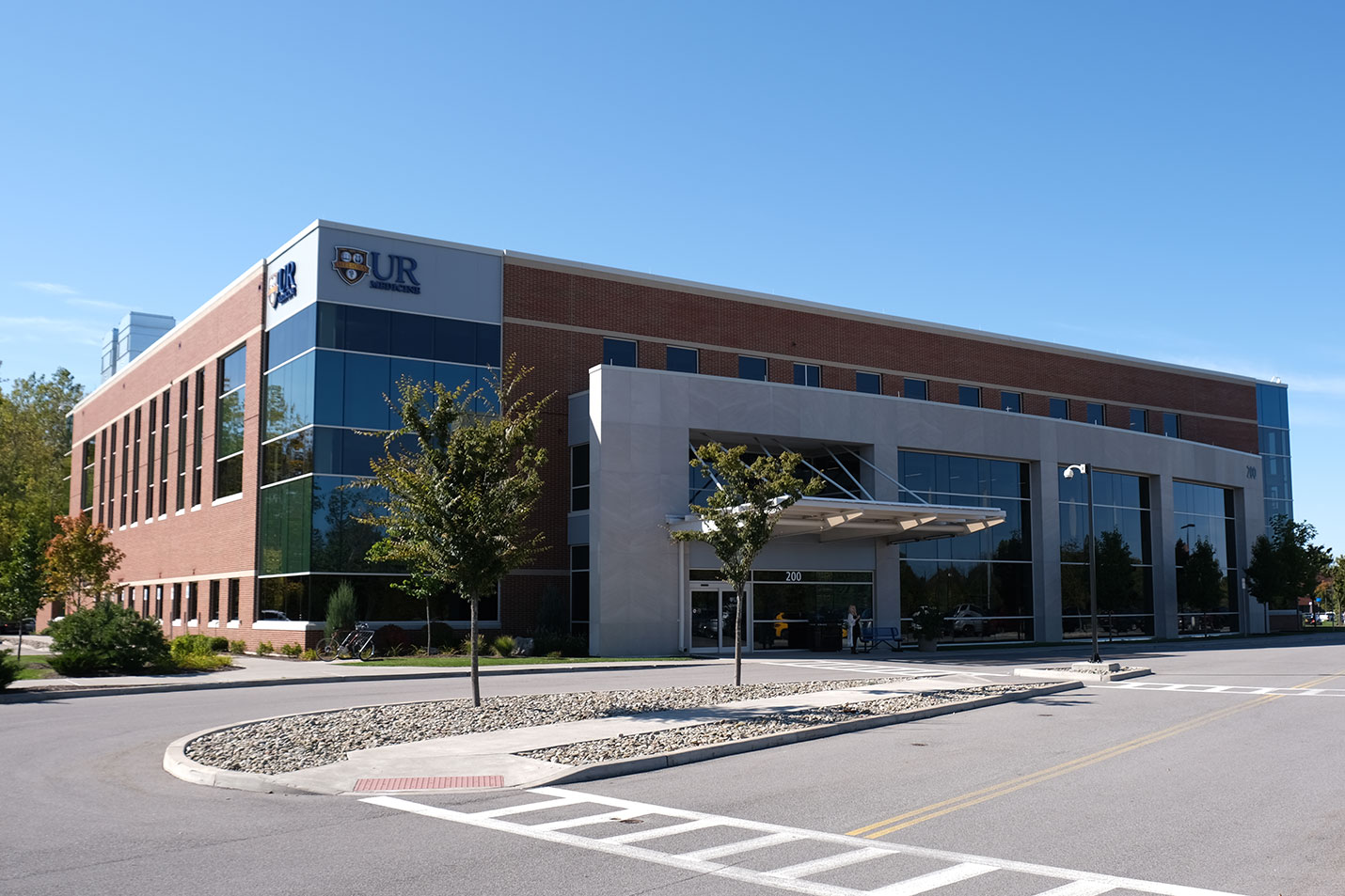Seizures & Epilepsy
Make Appointments & Get Care
What Are Seizures & Epilepsy?
A seizure occurs when one or more parts of the brain has a burst of abnormal electrical signals. Anything that interrupts the normal connections between nerve cells in the brain can cause a seizure.
Epilepsy is a brain condition that causes recurring seizures. Epilepsy is one of the most common disorders of the nervous system, affecting people of all ages, races, and ethnic backgrounds.
The two main categories of epileptic seizures are focal (partial) seizures and generalized seizures.
Generalized seizures affect both sides of the brain whereas focal seizures start in one area or group of cells in one side of the brain. Focal seizures can become generalized seizures.
There are many symptoms of seizures, including:
- Jerking movements (clonic)
- Muscles becoming weak or limp (atonic)
- Muscles becoming tense or rigid (tonic)
- Muscles twitching (myoclonus)
- Spasms
- Staring spells
- Changes in sensation, emotions, or thinking
- Lack of movement
Epilepsy has many different causes, including:
- Genetics
- Brain trauma
- Autoimmune disorders
- Metabolic issues
- Infectious diseases
About half of people with epilepsy have an unknown cause.
UR Medicine's Treatments for Seizures & Epilepsy
If you experience a seizure and do not have any history of seizures, you can seek care at an emergency room closest to you. If you have a history of seizures, your primary care provider can offer care. Depending on your diagnosis, your provider may refer you to UR Medicine's epilepsy specialists.
Our experts identify the particular type of seizure, so we can develop an individualized medicine-based and/or surgical treatment plan for patients. The goal is to improve a patient's life, including doing everything possible to allow patients to continue working, driving, and feeling well overall.
For children with signs of epilepsy, our pediatric epilepsy specialists provide evaluations and a wide range of treatment options including medications, dietary therapies, implantable neurostimulators, and surgeries. Our goal is to maximize your child’s quality of life and minimize the impact of seizures on your child and your family.
Our seasoned epilepsy specialists include pediatric epileptologists (pediatric and adult neurologists with specialized training in epilepsy), researchers, general neurologists, neurosurgeons, neuroradiologists, neuropsychologists, and specially trained nurse practitioners, nurses, and technologists.
Patient Stories
Back to Running After Surgery
Carl was diagnosed with intractable epilepsy caused by a cavernoma, which meant the epilepsy drugs wouldn't work. Carl required surgery to remove the dried blood. Hear his story.
What Sets Us Apart?
The UR Medicine Epilepsy Center is the only certified, level-4 epilepsy center in the Rochester metropolitan area and surrounding region. Recognized by the National Association of Epilepsy Centers, level-4 epilepsy centers have shown to have the expertise and facilities to provide the highest level of medical and surgical evaluation and treatment for patients with complex epilepsy.
Since 1989, we have treated thousands of people with epilepsy, helping many of them manage their seizures better and enjoy normal, active lives.
Providers
Psychosocial Providers
Nurses
- Molly Davis, RN
- Morgan Pignone, RN
- Michelle Rieger, LPN
Ketogenic Dietitian
- Leeann Habben, RD, CDN, CNSC
Locations
View All LocationsWe serve you in the Rochester metropolitan area and surrounding region.
View All Locations4 locations
Strong Memorial Hospital
601 Elmwood Avenue
Rochester, NY 14642
Clinton Crossings, Building D
4901 Lac De Ville Boulevard, Suite 120
Rochester, NY 14618
200 East River Road, 3rd Floor
Rochester, NY 14623
Strong Memorial Hospital
601 Elmwood Avenue
Rochester, NY 14642

